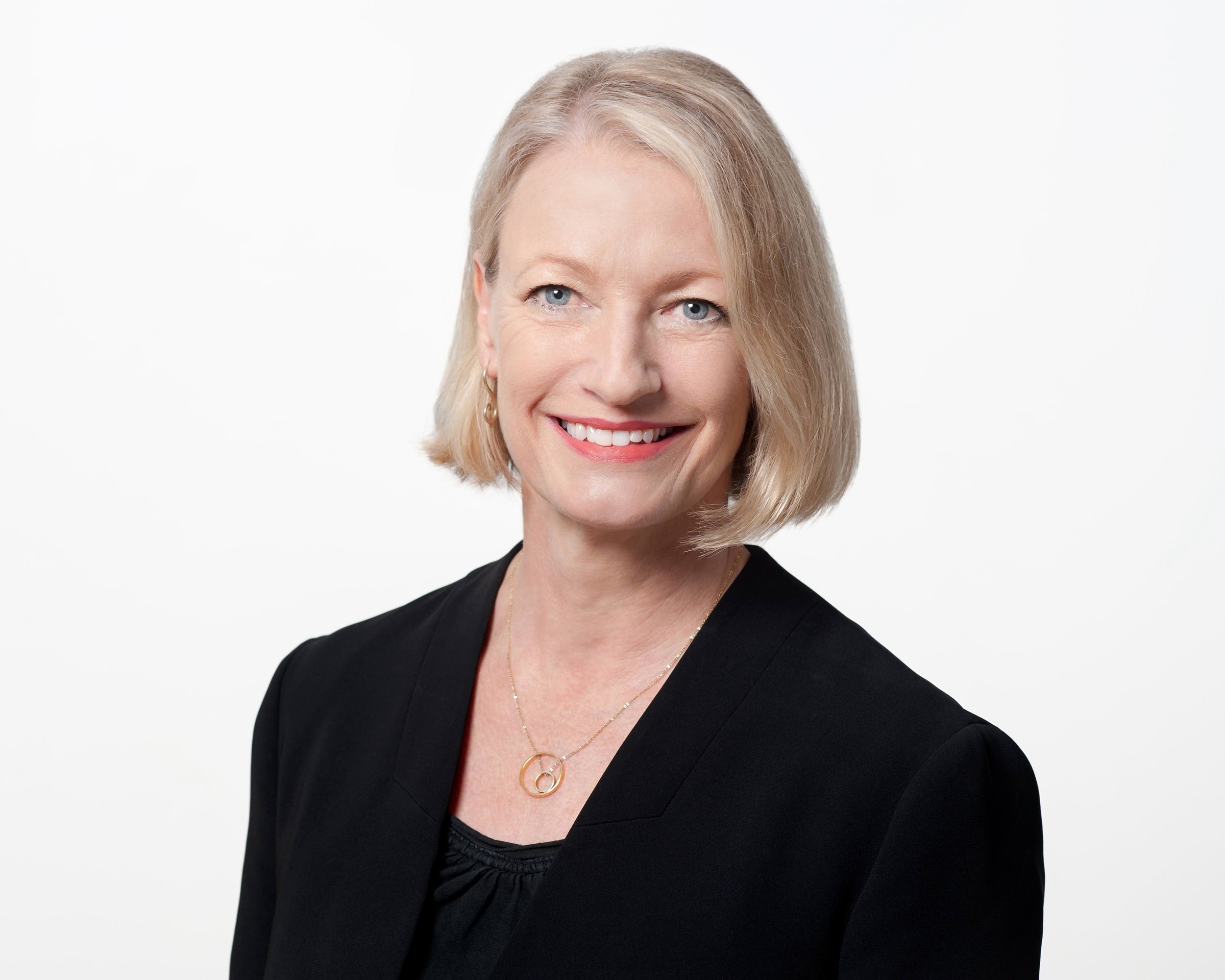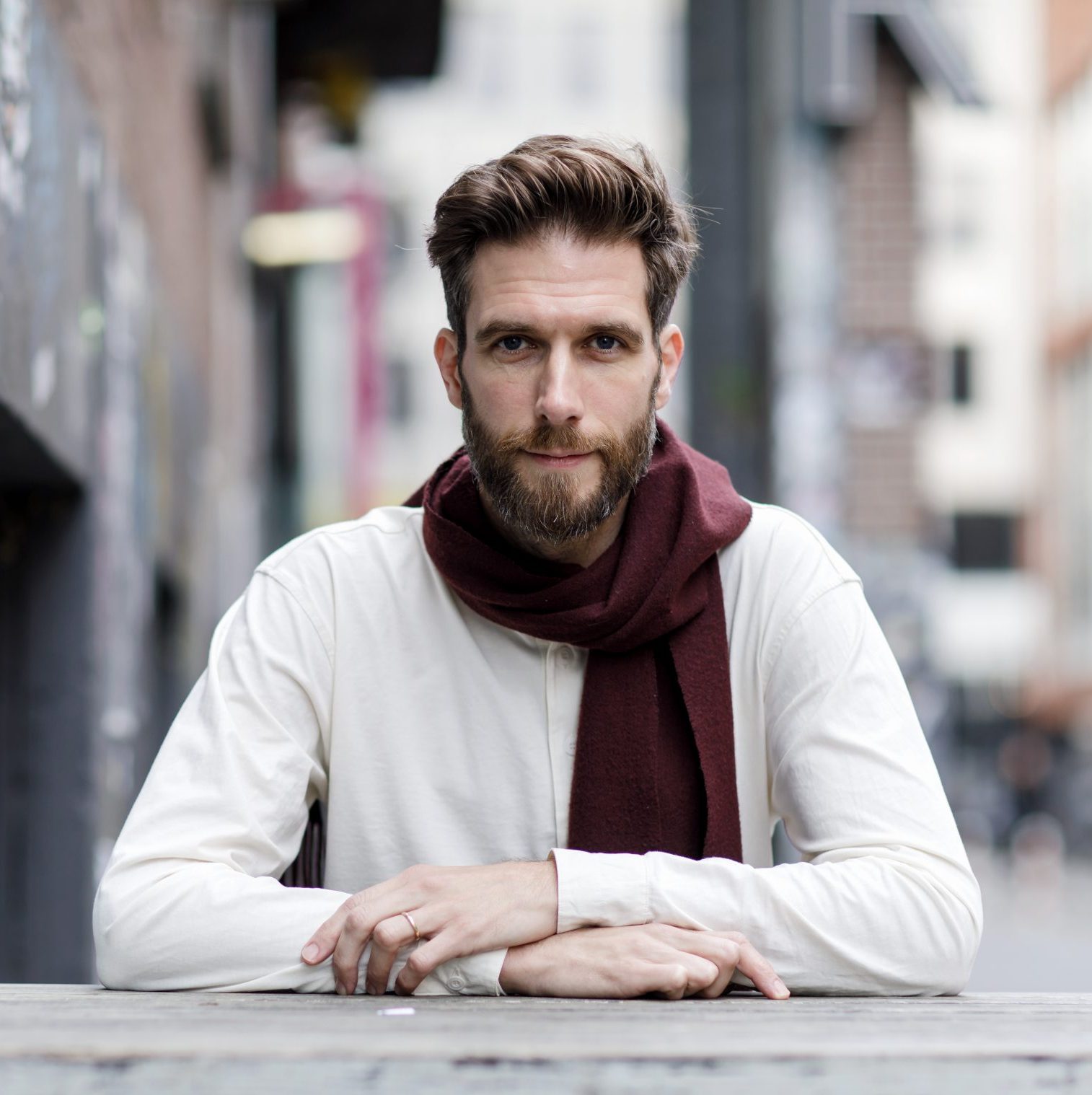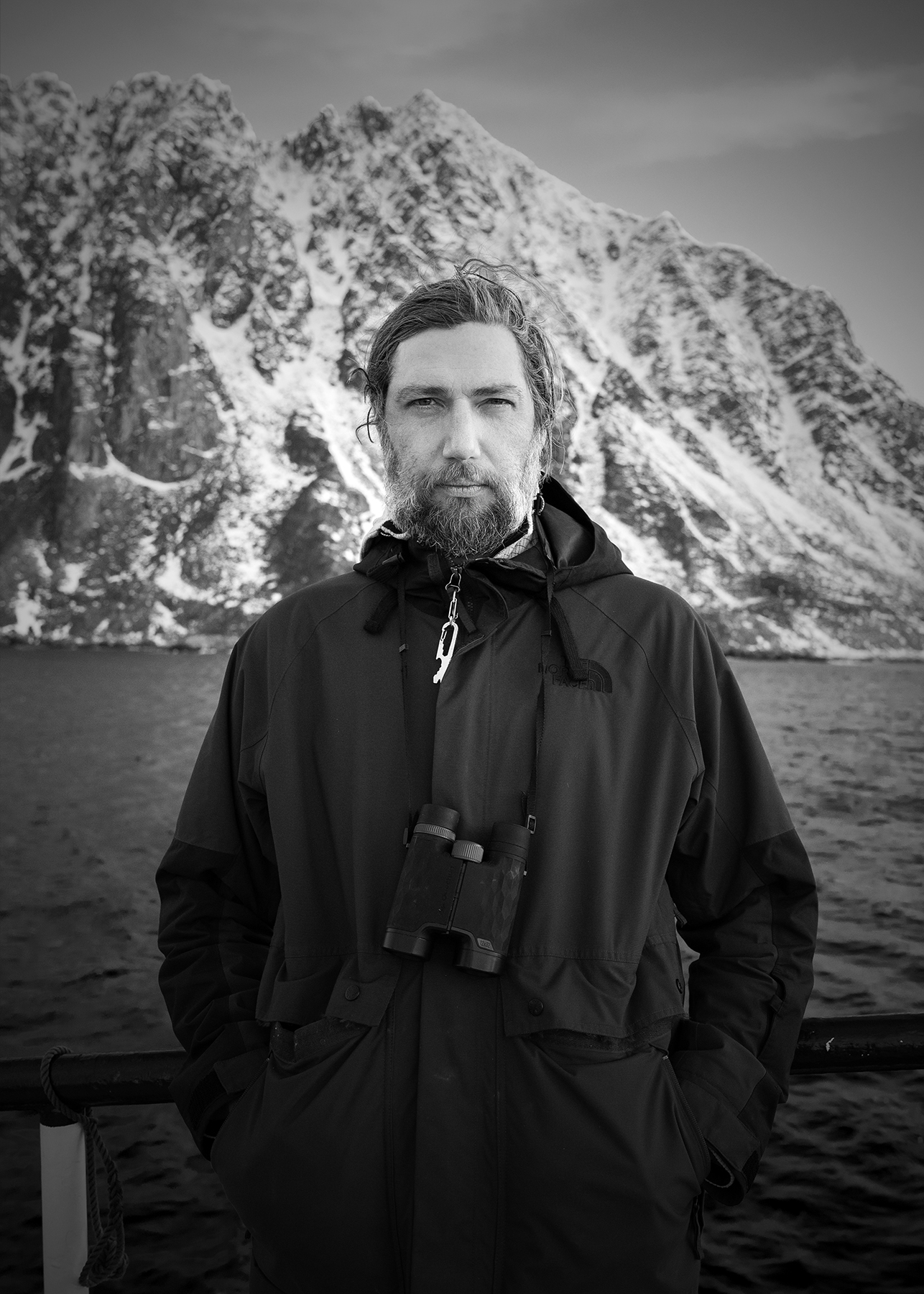Keynote Speakers
Title of the Keynote Speech: A situated turn in ArtsIT
Bio:
Michel van Dartel (b.1976) is tenured Research Professor of Situated Art, Design and Technology at the Avans Centre of Applied Research for Art, Design and Technology (CARADT). He holds an MSc in cognitive psychology and a PhD in artificial intelligence, both from Maastricht University, and was affiliated with V2_Lab for the Unstable Media between 2005 and 2024. Alongside his work at CARADT, Van Dartel also acts as an independent curator and freelance advisor to art and design academies, presentation platforms, funding and governmental bodies.
Abstract
Living in cities shaped by data and functioning within the opaque structures of our techno-society demands art that can help us understand and reflect on our evolving relationship with these rapidly changing environments. In this keynote, van Dartel will argue that, to do so effectively, the production and presentation of work at the intersection of art and information technology must themselves be situated within these environments and structures—rather than confined to isolated technology labs, art studios, or the sterile settings of galleries, museums, and conferences. He will then illustrate the relevance of such a “situated turn” for the ArtsIT community through examples of situated art and design practices, as well as research conducted “in the wild” by his team at the Avans Centre for Applied Research in Art, Design and Technology.

Dept Chair and Professor of
Human Computer Interaction,
MBZUAI – Mohamed bin Zayed University of
Artificial Intelligence, UAE
Title: AI's Canvas: Art, Tech Mergers, and Situated Human Futures
Bio:
An Association for Computing Machinery (ACM) Fellow and former Vice President of both the ACM and ACM’s Special Interest Group on Human Computer Interaction (SIGCHI), she has consistently built bridges between abstract social science theory and large-scale commercial innovation. She is renowned for translating insights from psychology, cognitive science and work practice studies into actionable design principles for consumer and designer/developer products and platforms.
Abstract
Special Performance
Bio:
Josh Rodenberg is a sound and video artist whose immersive work merges audio, video manipulation, sculpture, and multimedia installation within the fine arts. His practice spans a range of mediums, from experimental films and VR games to podcasts and experimental sound projects. His distinct approach to sound design has made him a sought-after collaborator for artistic films, including scoring Federico Cuatlacuatl’s 2024 film Tiemperos. With a background that includes a Bachelor of Science from the University of Southern Indiana and a Master of Fine Arts in Craft/Material Studies from Virginia Commonwealth University, Joshua’s work is defined by his passion for exploration and innovation, evident in his recent Arctic Circle Artist Residency and his award of the VCU Quest research grant.
At VCUarts Qatar, Joshua serves as Head of Innovative Media Studios and Assistant Professor, where he applies his expertise to empower students and faculty in integrating media resources into their projects. He leads IMS with a focus on creating educational experiences that effectively blend technology and artistic practice. His approach emphasizes collaboration and planning, ensuring that IMS supports the university’s creative and academic community. Balancing the demands of a resource-oriented role, Joshua continues to champion the integration of art, technology, and education, influencing how sound and video are understood and used within the art and design landscape.
Abstract
Living in cities shaped by data and functioning within the opaque structures of our techno-society demands art that can help us understand and reflect on our evolving relationship with these rapidly changing environments. In this keynote, van Dartel will argue that, to do so effectively, the production and presentation of work at the intersection of art and information technology must themselves be situated within these environments and structures—rather than confined to isolated technology labs, art studios, or the sterile settings of galleries, museums, and conferences. He will then illustrate the relevance of such a “situated turn” for the ArtsIT community through examples of situated art and design practices, as well as research conducted “in the wild” by his team at the Avans Centre for Applied Research in Art, Design and Technology.




